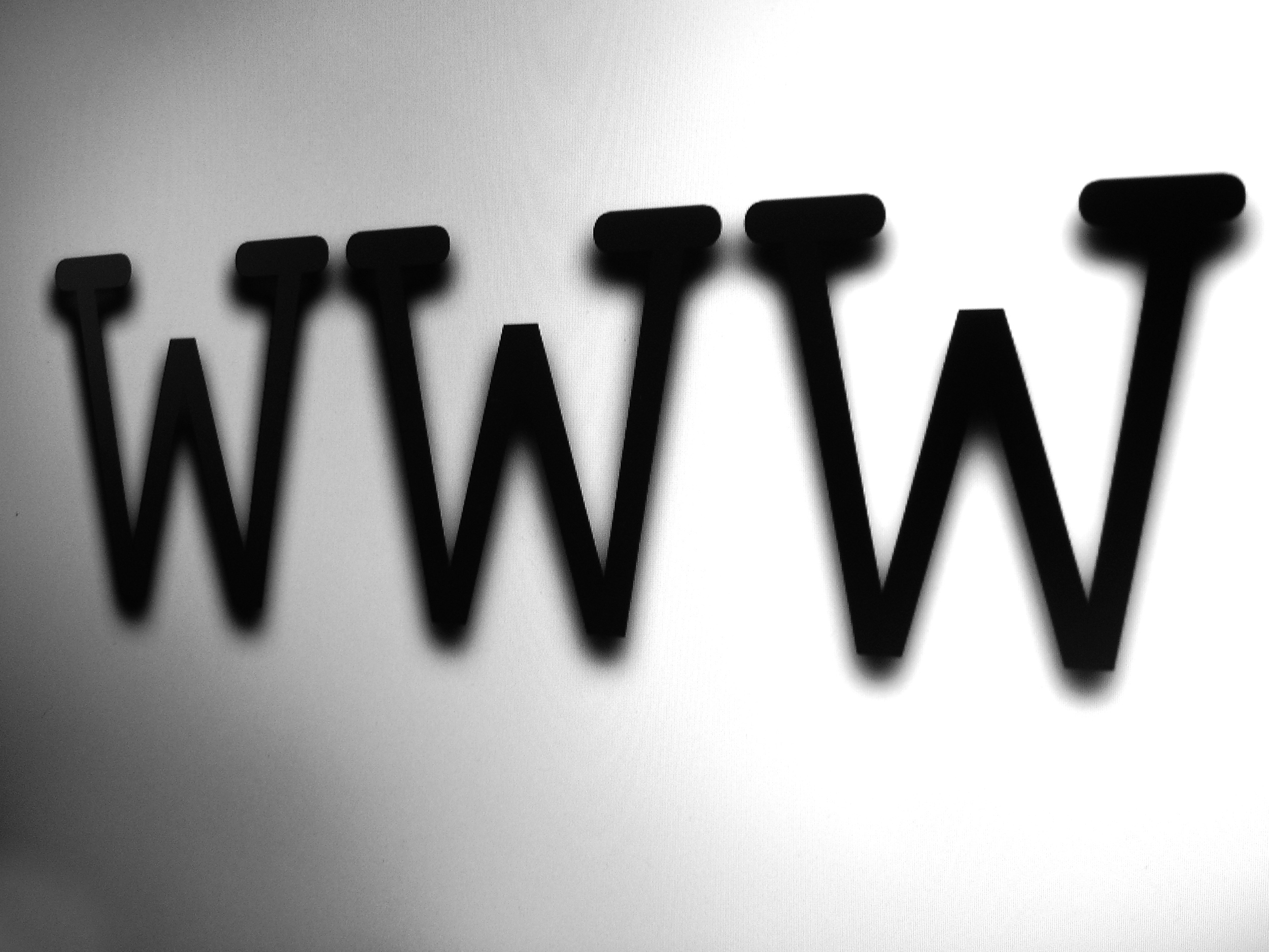US WarGames-style cyberwarfare simulation highlights vulnerability
More practice needed

Sign up for breaking news, reviews, opinion, top tech deals, and more.
You are now subscribed
Your newsletter sign-up was successful
The Bipartisan Policy Centre (BPC) hosted Cyber Shockwave this week, a simulated cyberattack on the US, and it showed that that the country still has a long way to go to fight off such warfare.
The simulation took the form of an attack in a single day, via a malware program on 20 million smartphones. This disrupted mobile service and spread to take down the Eastern seaboard power grid and an energy trading platform.
Former administration and National Security officials played the part of a Cabinet that had to deal with the crisis. They had no idea what to expect, and had to react in real-time.
The results will be aired this weekend in a CNN documentary called We Were Warned: Cyber Shockwave. In discussions after the event, participants agreed that the country still has a long way to go in dealing with this type of attack.
Former head of Homeland Security Michael Chertoff noted that cyber-terrorism "ought to be treated as a threat of sufficient seriousness that we give it the priority attention we've given weapons of mass destruction."
A long way to go
The issues raised while dealing with the attack proved interesting, such as personal privacy weighed against national security, and the need to act in a bipartisan manner.
Sign up for breaking news, reviews, opinion, top tech deals, and more.
Jason Grumet, Founder and President of the BPC, said: "Cyber ShockWave demonstrated the tremendous challenges the government has in dealing with potential cyber attacks.
"Our goal for Cyber Shockwave was to identify real policy and preparedness issues that need to be addressed in order to combat an attack of this magnitude that escalates rapidly and is of unknown origin."